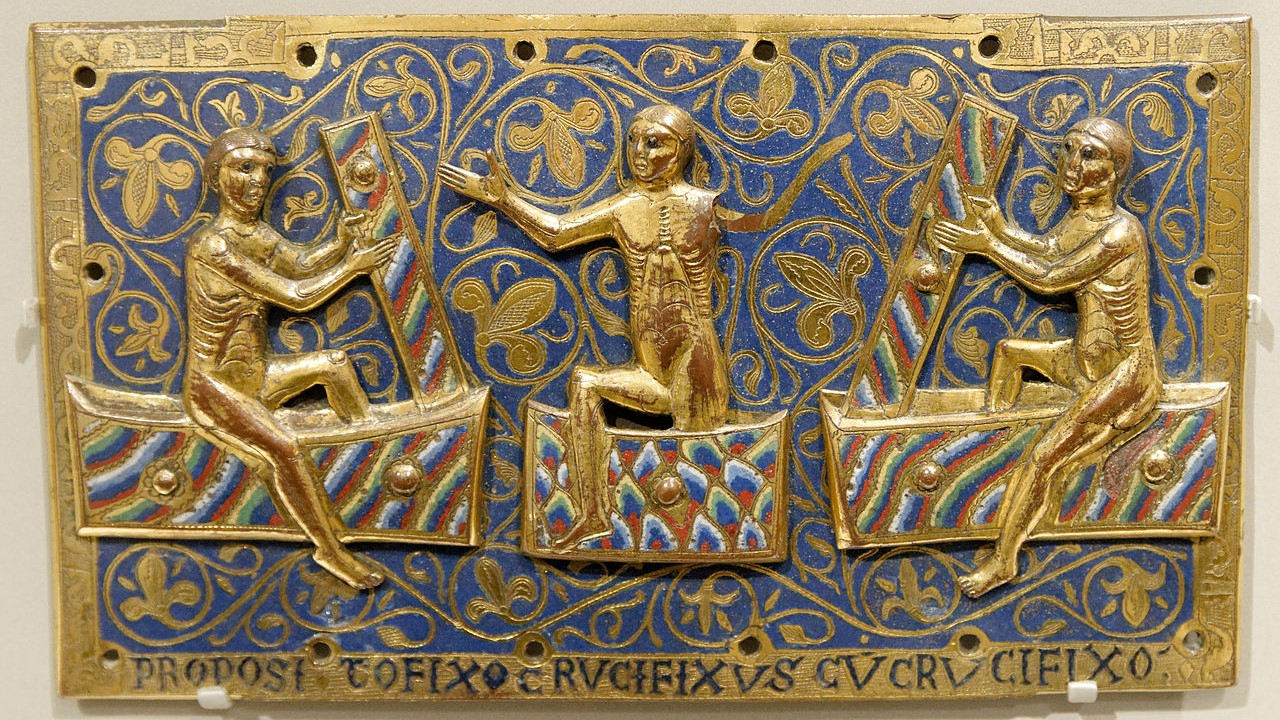
1 Thessalonians 4:13-18
Ordinary A50
13 But we do not wantA you to be uninformed,B brothersC and sisters, about those who have died,D so that you may not grieveE as others do who have no hope.F
14 For since we believeG that JesusH diedI and rose again,J even so, through Jesus, GodK will bringL with him those who have died.M
15 For this we declare to you by the wordN of the Lord,O that we who are alive, who are left until the comingP of the Lord, will by no means precedeQ those who have died.R
16 For the Lord himself, with a cry of command,S with the archangel’sT call and with the sound of God’s trumpet,U will descend from heaven,V and the deadW in ChristX will rise first.
17 Then we who are alive, who are left, will be caught upY in the cloudsZ together with them to meetAA the Lord in the air;BB and so we will be with the Lord forever.CC 18 Therefore encourageDD one another with these words.
Image credit: “Resurrection of the Dead” from approximately 1250 in the Victoria and Albert Museum in London.
